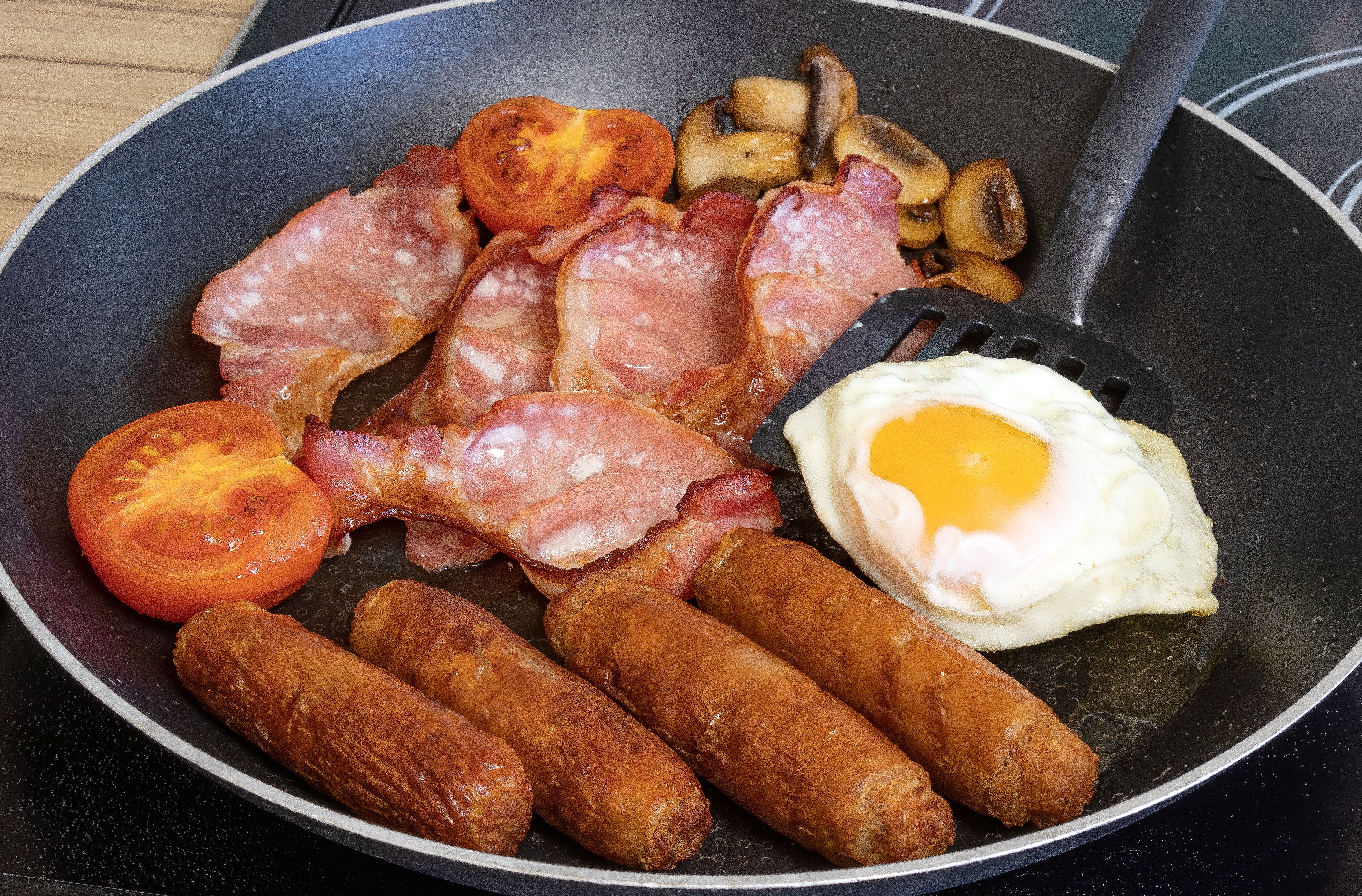Natural Foods to Boost Your Collagen Levels
Understanding Collagen and Its Importance
Collagen is the most abundant protein in the human body, playing a critical role in maintaining skin elasticity, joint health, and overall vitality. As we age, collagen production naturally decreases, leading to signs of aging such as wrinkles and joint pain. Fortunately, incorporating natural foods that boost collagen levels can help counteract these effects and promote a healthy, youthful appearance.
While many people rely on supplements to enhance their collagen intake, nature provides a variety of foods rich in nutrients that support the body's natural collagen production. By understanding and integrating these foods into your diet, you can effectively support your body's collagen needs.

Vitamin C-Rich Foods
Vitamin C is essential for collagen synthesis. It acts as a vital cofactor in the production of collagen molecules. Consuming foods high in vitamin C can significantly boost your body's ability to produce collagen.
- Citrus Fruits: Oranges, lemons, and grapefruits are excellent sources of vitamin C.
- Berries: Strawberries, blueberries, and raspberries not only provide vitamin C but also contain antioxidants that protect collagen from damage.
- Leafy Greens: Spinach and kale are packed with vitamin C as well as other essential nutrients that support skin health.
Protein-Packed Foods
Collagen itself is a protein, so consuming adequate protein is crucial for its production. Foods rich in amino acids like proline and glycine are particularly beneficial for enhancing collagen levels.
- Eggs: Both the whites and yolks of eggs contain amino acids necessary for collagen production.
- Fish: Especially fatty fish like salmon, which is also high in omega-3 fatty acids that support skin health.
- Poultry: Chicken is a popular source of amino acids needed for collagen synthesis.

Mineral-Rich Foods
Zinc and copper are two minerals that play a crucial role in collagen production. They help activate the enzymes necessary for synthesizing and stabilizing collagen.
- Nuts and Seeds: Pumpkin seeds, almonds, and cashews provide ample zinc and copper.
- Whole Grains: Quinoa and oats are excellent sources of these essential minerals.
- Shellfish: Oysters and crab are particularly high in zinc, making them great additions to a collagen-boosting diet.
Hydrating Foods
Proper hydration is key to maintaining skin elasticity and supporting overall collagen health. Consuming water-rich foods can aid in keeping your skin plump and hydrated.
- Cucumbers: With high water content and antioxidants, cucumbers help keep skin hydrated.
- Watermelon: This refreshing fruit provides hydration along with vitamins A and C.

The Power of Antioxidants
Antioxidants are critical in protecting existing collagen from free radical damage. Incorporating antioxidant-rich foods can help preserve your skin's youthful appearance.
- Green Tea: Rich in polyphenols, green tea helps protect collagen from oxidative stress.
- Dark Chocolate: Contains flavonoids that offer protective benefits to collagen fibers.
By integrating these natural foods into your daily meals, you can effectively support your body's collagen production and maintain healthy skin and joints. A balanced diet rich in nutrients not only boosts collagen levels but also promotes overall well-being. Start nourishing your body today with these delicious options!
